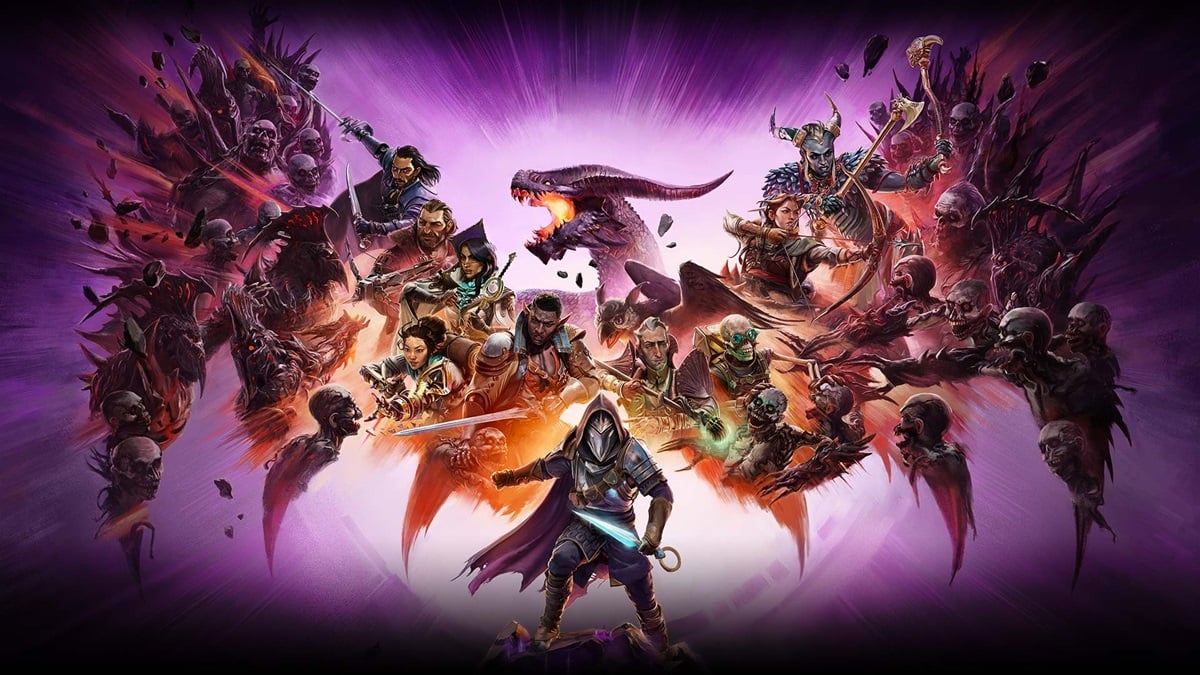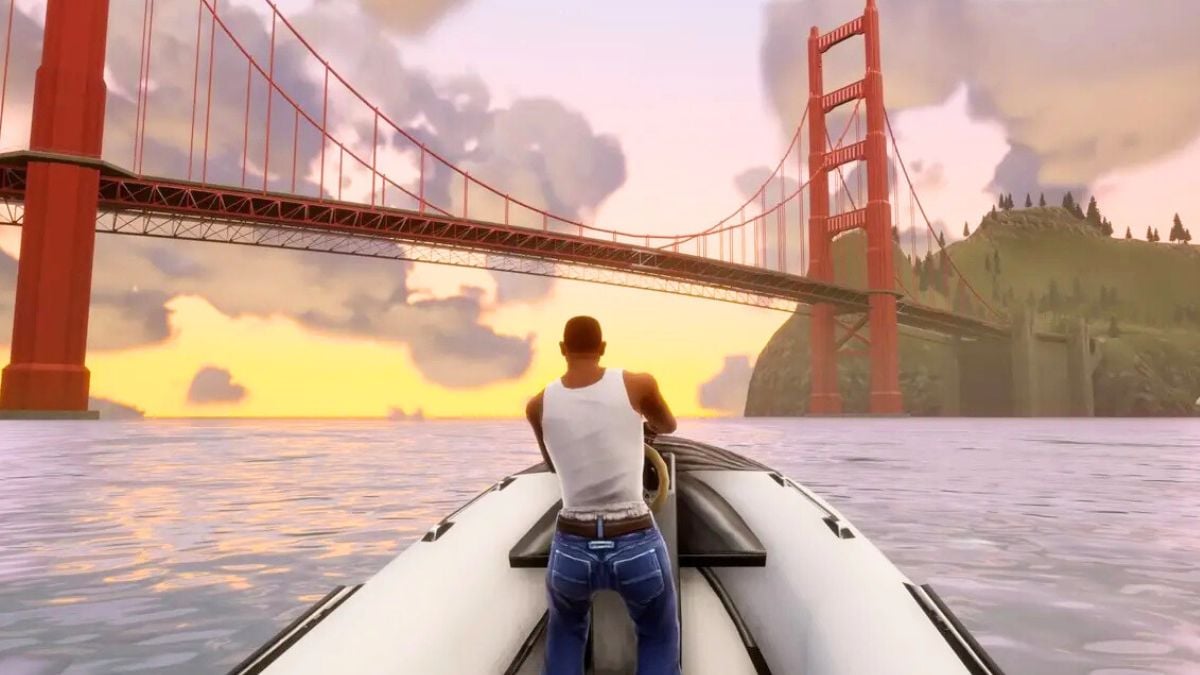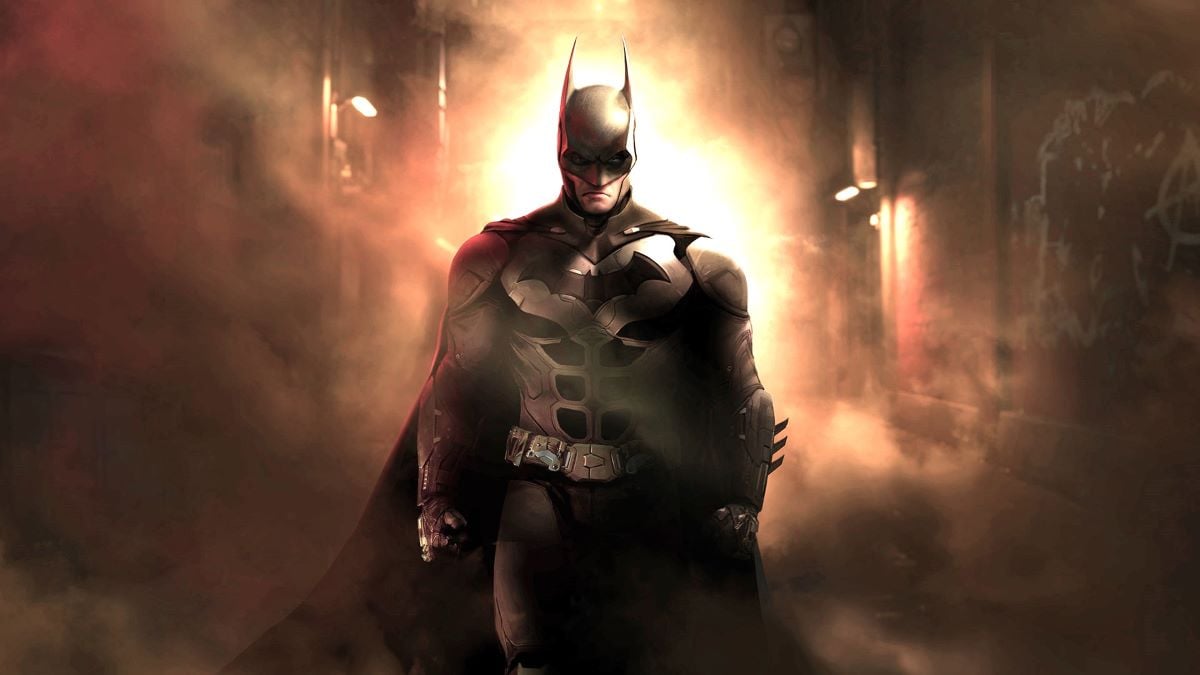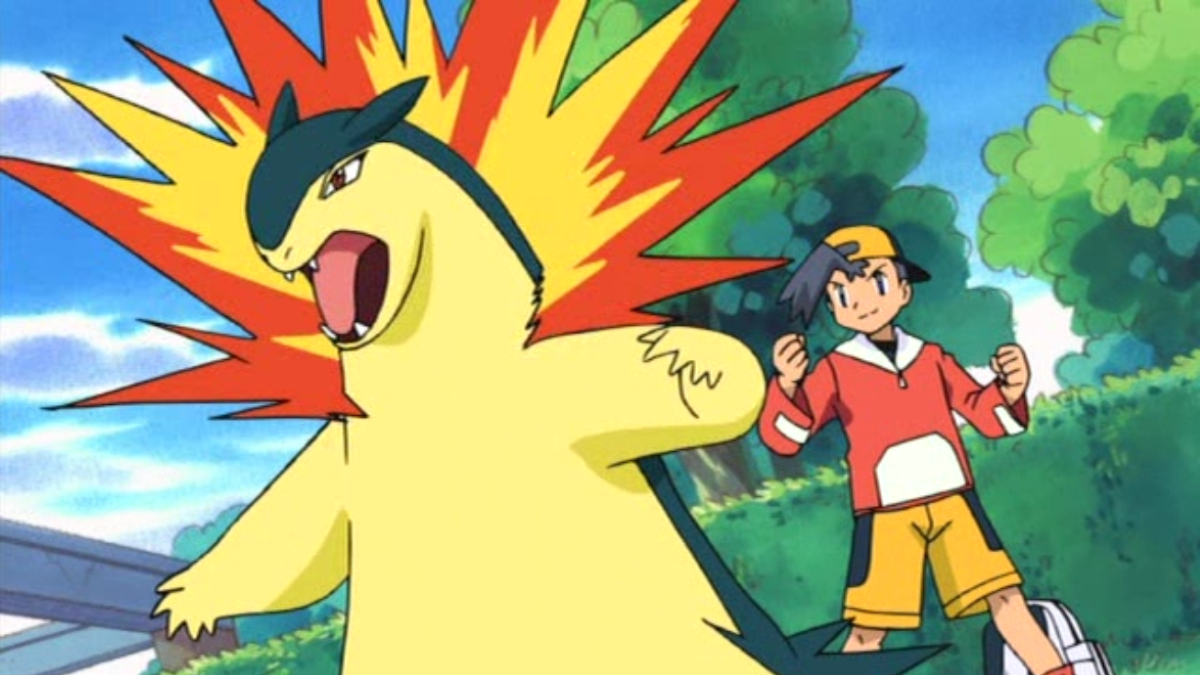I have a strange relationship with The Nioh Collection and the series in general. The first Nioh, I thought, was a fun, if Aldi-brand-Dark Souls action game that suffered from a lack of ambition in its enemy variety and level design. I completed it and didn’t look back. Nioh 2, on the other hand, enraptured me. Once I heard of a rumored PC and PlayStation 5 port, I stopped playing it, eagerly awaiting the day I could experience it again in 4K. And it was oh so very worth it.
But don’t let my personal experience turn you off Nioh, especially if you haven’t played either game. While I would say Nioh 2 is a direct improvement over its predecessor, if you’re a glutton for challenge it’s more than worth playing. But if you’re crunched for time and only have the time or energy for one, Nioh 2 deserves it, without question. Anyway, onto the review.
You’ll either be playing as William (a man with the world’s worst Irish accent) or a character you create yourself — in Nioh and Nioh 2 respectively — traveling Japan fighting men and demons alike, for reasons. I don’t wanna be here all day so I’ll just lump these two stories together into the “you’re fine to ignore them if you want” category. Nioh 2’s story is an improvement, folding many more of Feudal Japan’s historical figures into a more cohesive plot, but neither of them are going to be winning any awards in narrative design. The story is just the vehicle that delivers you to sweet man-on-Oni action.

As for the gameplay itself: it’s sorta Diablo meets Dark Souls; at least, that’s pretty much how I describe Nioh to my friends when I’m recommending it. The abundance of loot to sift through and the daunting amount of stats, bonuses, and weapon types can make it a little overwhelming at first, but this depth adds replay value and creation to an otherwise straightforward genre. Rather than leveling up and throwing on whatever gear suits your class, you’re also allocating stat points to your chosen weapons, looking for sweet bonuses to magic or ninjutsu on gear, and trying to keep your equipment burden at your chosen sweet-spot. I absolutely love the gear game in The Nioh Collection, and beyond the A-plus combat, it’s what hooks me back in for another run at the end of the night.
Admittedly, the more I look back at Nioh, the less of a resemblance I even see to Dark Souls in the first place. Its combat has far and away more depth, with ki-pulses that allow for stamina recovery when woven into combos, three weapon stances all with unique movesets (and combos that move between them), and a robust magic and item system. There’s much less “block, dodge, attack” and much more life-or-death decision-making. Should I go for one more swing here? If I use a heavy attack, can I drain the last of the enemy’s stamina? If I use a dodge in this stance, will it be enough to get out of harm’s way?
I said before that enemy variety in Nioh was lacking, so let me take a moment to say that Nioh 2 delivers new enemy after new enemy dozens of hours into the game’s story. Just when you think you’ve seen it all, a demon umbrella or giant ring-tail lemur come traipsing around the corner. This goes for the game’s content as a whole — just when you think you must be reaching the finale, Nioh 2 opens up one entire new region after another. It’s a massive game, and if it weren’t so addicting, I’d say that works against it.

Bosses are an obvious highlight, and they are consistently excellent across both games, though Nioh 2 delivers more stand-outs. From hulking monstrosities to duels with human enemies sporting their own versions of your available arsenal, every fight must be approached differently. You’ll get slapped down until you master the game’s systems a little, but once you learn the rhythm of the combat, boss encounters become dances with death where you’ll be pushing your advantage to the breaking point.
Levels in Nioh are dark, brooding, and usually on fire. Nioh 2’s are a stark improvement visually, with blooming villages, sunset castles, and more fantastical vistas. Level design is usually just OK, with the stock-standard shortcuts and elevators the genre is known for. What’s more interesting is how maps are reused for side missions — areas will be gated off or opened up, the time of day can be changed, and enemies will be completely retooled to fit the new map. Team Ninja knew how to get the most bang for their buck with the content they made, and it works perfectly for a game like Nioh.
So how’s the collection and port-job? For starters, this package includes Nioh, Nioh 2, and all their respective DLCs. What’s more, it runs at 4K 60FPS, or up to 120FPS if your monitor or TV supports it. The games are gorgeous, featuring stellar HDR implementations along with incredible lighting and animation. The only complaint I can lodge against the graphics is some pop-in that occurs when running quickly between large areas, but I assume this is just how the engine renders landscapes to keep the action smooth. Some micro-stuttering can also occur when quickly traversing large spaces, but never during the action when it matters most.

The amount of content you get for your buck here is incredible. For the truly invested, hundreds of hours of gameplay await, as you build your ideal character and further specialize into your niche of weapons and abilities. Even if you’re just interested in only playing through one of the game’s stories, there’s tons of potential variety and content there. If you want to scratch the surface of New Game Plus and really get into min-maxing your character, the game’s as deep as an ocean. The Nioh Collection is an excellent package of two fantastic titles, with combat so good and loot so addicting it’s hard to imagine how they could further improve the formula from here.
This review is based on the PlayStation 5 version of the game. A copy was provided by Sony Interactive Entertainment.







Published: Feb 16, 2021 11:37 am